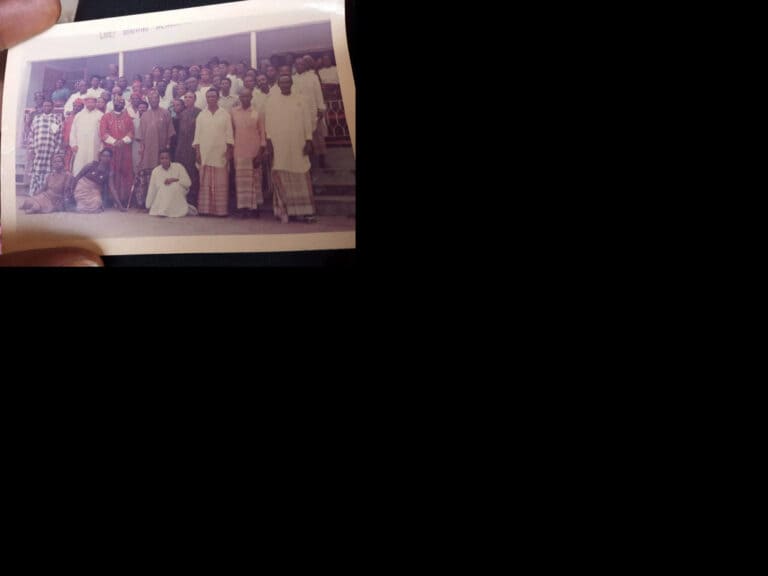Our Socio-Cultural heritage and our past at old Finima

Finima…
Bila Fiene..Kingi Fari
Our Social Culture and our past….that usual us into who we’re at the moment …..
See this image beneath brings the fondest reminiscences ever…Vibrant males and keepers and believers of our traditions past…patriotic Men of Honour of the Buoye Omuso House…This image was taken in 1971

Children Siting on floor from L to R: Tamunobere’s half sister along with her youthful brother, Dada Dima’s solely son(Tamunobere’s half brother).

Children Siting on floor from L to R: Tamunobere’s half sister along with her youthful brother, Dada Dima’s solely son(Tamunobere’s half brother).

Children Siting on floor from L to R: Tamunobere’s half sister along with her youthful brother, Dada Dima’s solely son(Tamunobere’s half brother).


Discover more from FINIMA
Subscribe to get the latest posts sent to your email.
0 Comments